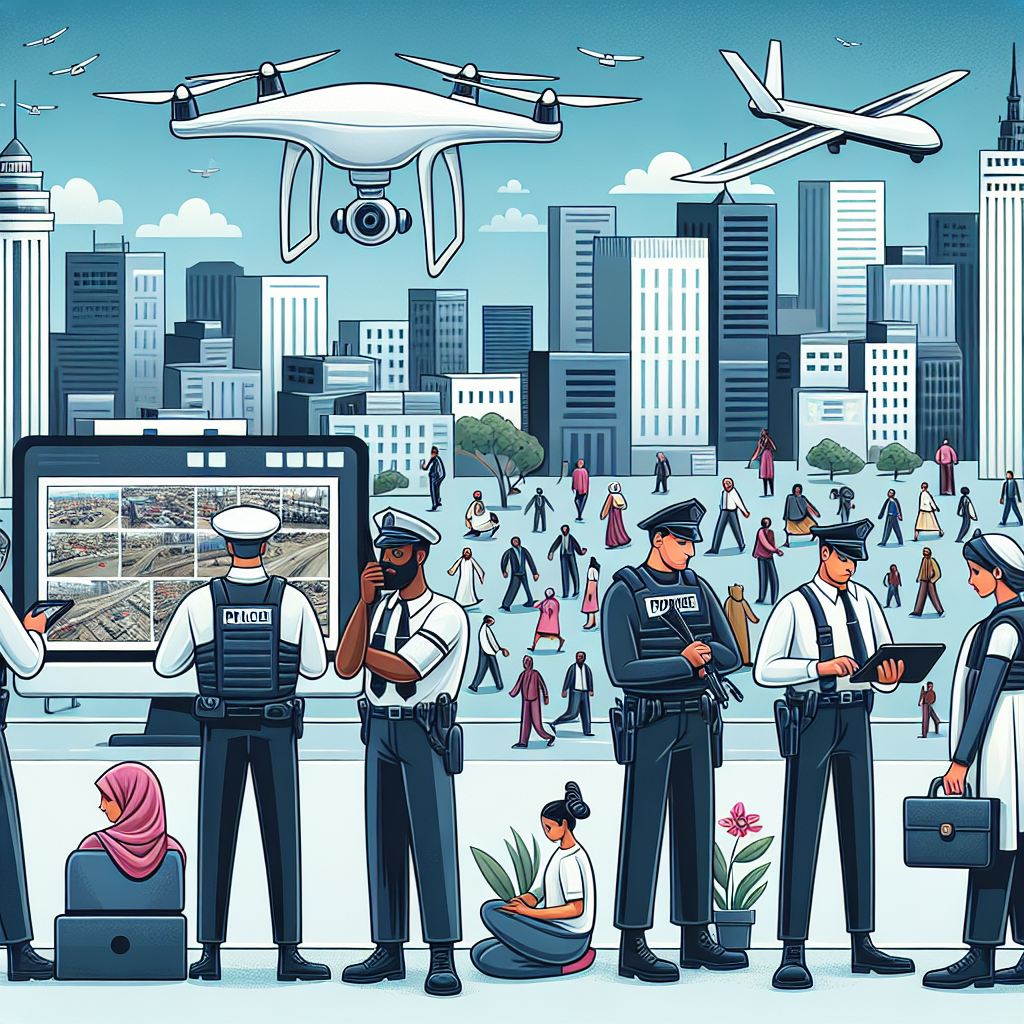Ben Saul Calls for Enhanced Global Support and Justice for Victims of Terrorism
“The International Day of Remembrance of and Tribute to the Victims of Terrorism is a chance to commemorate all victims of terrorism worldwide and renew global efforts to protect them,” Saul stated.

UN Special Rapporteur on the protection of human rights and fundamental freedoms while countering terrorism, Ben Saul, has issued a profound statement marking the International Day of Remembrance of and Tribute to the Victims of Terrorism. He emphasized the urgent need for global efforts to support victims and uphold their rights.
“The International Day of Remembrance of and Tribute to the Victims of Terrorism is a chance to commemorate all victims of terrorism worldwide and renew global efforts to protect them,” Saul stated.
Highlighting the ongoing impact of terrorism, Saul noted that it continues to inflict a devastating toll of death, personal injury, and hostage-taking across the globe. “In the past year, I have heard victims speak of the ‘pure horror’ of terrorist attacks and the feeling that they are ‘going to die’,” he said.
He further recounted the prolonged suffering of survivors, stating, “Some victims have also spoken of how ‘life only got worse’ after the attack, they ‘think of the attack every day’, the ‘trauma never heals’ and ‘it feels like there is no future’.”
Victims often endure lifelong physical pain, disabilities, and psychological scars. Many lose their jobs or livelihoods, are unable to continue education, and experience breakdowns in personal relationships. Despite these challenges, Saul paid tribute to the resilience of many victims who “show incredible courage as they ‘learn how to live again’, often with the help of their families, friends, and communities.”
To aid in rebuilding their lives, Saul stressed the necessity of comprehensive and sustained support from governments. He expressed concern that many countries have yet to implement adequate measures to assist victims and urged all nations to align with international law and the good practices outlined in the UN Model Legislative Provisions to Support the Needs and Protect the Rights of Victims of Terrorism.
“Countries must provide comprehensive assistance for as long as necessary, including medical, psychological, social, and material support. They should physically and psychologically protect victims, including their privacy. They should ensure reparation, including state-funded compensation, where necessary,” Saul asserted.
He emphasized the importance of truth and justice for victims through independent and impartial investigations, prosecution of perpetrators, and accountability for any failures by state authorities to prevent foreseeable terrorist attacks. “Victims must also be able to access information about their rights, enjoy access to justice, and fully participate in legal proceedings,” he added.
Saul called for public recognition and commemoration of victims, advocating for victim-centered, human rights-based, and accountable assistance programs. “These programs must adopt a ‘do no harm’ approach, avoid secondary victimization, and engage victims’ associations and civil society,” he said.
Addressing the needs of vulnerable groups was also highlighted as a priority. “Countries must address the needs of vulnerable victims, including children, women and girls, victims of sexual or gender-based violence, persons with disabilities, the elderly, minorities, indigenous peoples, cross-border victims, victims in armed conflict, and displaced people,” Saul stated.
He underscored the critical role of international solidarity in assisting cross-border victims and supporting countries lacking the capacity to handle large-scale emergencies or protracted conflicts. He called upon regional organizations and the UN to bolster national efforts in this regard.
Saul also reminded nations of their obligation to respect international law when countering terrorism, cautioning against illegal measures such as extrajudicial killings, torture, arbitrary detention, enforced disappearances, unfair trials, and violations of international humanitarian law. “Illegal measures thwart truth and justice for victims,” he warned.
To effectively support victims, Saul stressed the need to address conditions conducive to terrorism more systematically. Citing the UN Global Counter-Terrorism Strategy, he noted that these conditions include “prolonged unresolved conflicts, dehumanization of victims of terrorism in all its forms and manifestations, lack of the rule of law and violations of human rights, ethnic, national and religious discrimination, political exclusion, socio-economic marginalization, and lack of good governance.”
Concluding his statement, Saul offered his assistance to nations seeking to enhance protection for victims of terrorism. “I stand ready to advise any country that wishes to strengthen protection of victims of terrorism, improve compliance with international law when countering terrorism, or address conditions conducive to terrorism,” he affirmed.
The International Day of Remembrance of and Tribute to the Victims of Terrorism serves as a poignant reminder of the profound impact of terrorism on individuals and communities worldwide, and the imperative for collective action to support victims and prevent future atrocities.










